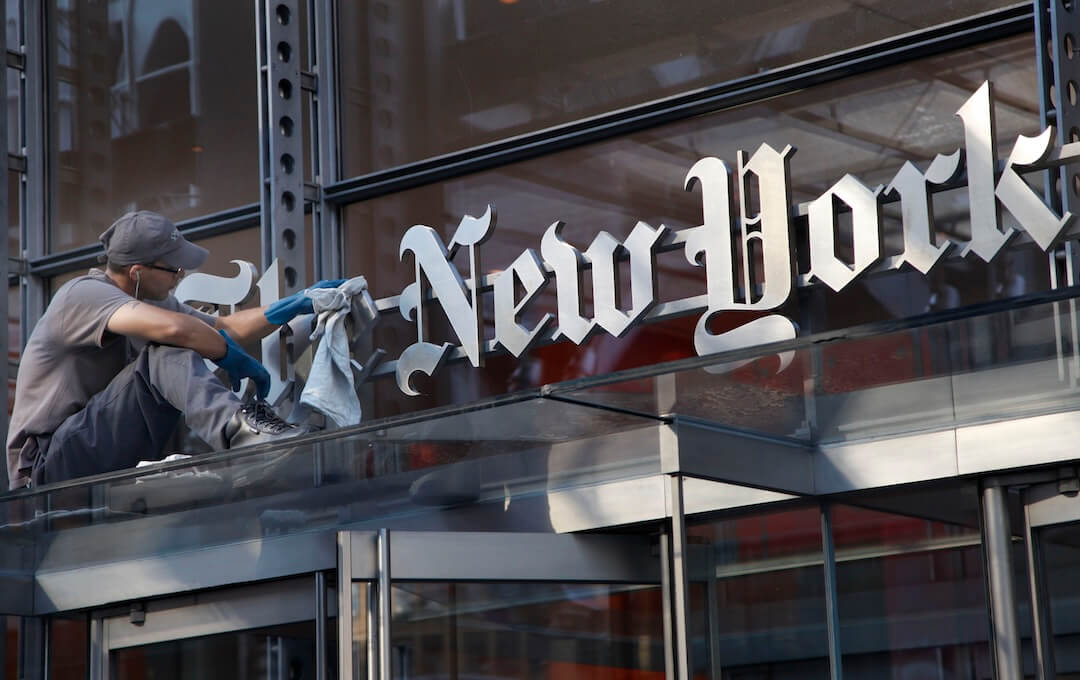Even though cooler days may seem far off, now is the best time for journalists to alert their audiences about how to plan ahead for a healthy winter.
That’s why Poynter has partnered with the Risk Less. Do More. Public Education Campaign to host a webinar and a series of articles like this one to better inform journalists about the important role they play in the fight against respiratory illnesses.
The webinar, “COVID conspiracies, flu facts and respiratory realness: The journalists’ guide to debunking health misinformation,” is set for Oct. 3 at noon Eastern and features CNN Chief Medical Correspondent Dr. Sanjay Gupta and CDC Principal Deputy Director Dr. Nirav Shah.
Of special concern in the communities journalists cover are high-risk populations like older Americans. One common respiratory illness, respiratory syncytial virus, or RSV, usually causes mild, cold-like symptoms, but it can be severe and even deadly for older people.
“As we grow older, our immune systems do not work as well and we are more likely to have chronic conditions, which means we are at increased risk of getting very sick from common viruses as we age,” said Alison Barkoff, who leads the Administration for Community Living within the U.S. Department of Health and Human Services. “Getting vaccinated is the best protection against fall respiratory viruses like RSV. It can help keep symptoms mild and help keep people out of the hospital.”
Here’s what older Americans need to know about RSV and vaccines this fall, according to the Risk Less. Do More. campaign, and what journalists will hear more about in this webinar.
Prevention is key. The Centers for Disease Control and Prevention recommends that everyone 75 years and older get an RSV vaccine. Also, people between 60-74 should get vaccinated if they have conditions such as heart or lung disease, diabetes, obesity or a weakened immune system. The vaccine cuts the risk of hospitalization from RSV by at least half.
People living in nursing homes, assisted living or other long-term care facilities are at even higher risk. There are many people living together in these facilities who have medical conditions that make them more likely to get very sick. While vaccines may not always stop infection, they can prevent severe illness. So, vaccination is very important for residents of long-term care facilities.
RSV vaccines are available. Three RSV vaccines have been approved for older adults by the U.S. Food and Drug Administration. You only need a single dose that you can get at any time of the year, but getting the vaccine in the early fall offers the best protection for the late fall and winter, when RSV usually peaks. Getting the vaccine early gives your immune system enough time to build up protection.
RSV vaccines are the best protection. The RSV vaccines have gone through extensive testing. Last year, more than 20 million older adults were vaccinated safely. Mild side effects, such as pain, redness or swelling at the injection site sometimes happen, but they usually go away on their own in a few days. Serious allergic reactions from RSV vaccines are rare.
HHS wants journalists to help spread the word that prevention is the best option, and is providing a newsroom with accurate, reliable information as part of this campaign. Respiratory virus vaccines, including RSV vaccines, can help protect older adults from serious illness.
Register now for this free webinar or visit the Risk Less. Do More. newsroom.
Sponsored content paid for by the Risk Less. Do More. campaign from the U.S. Department of Health and Human Services







